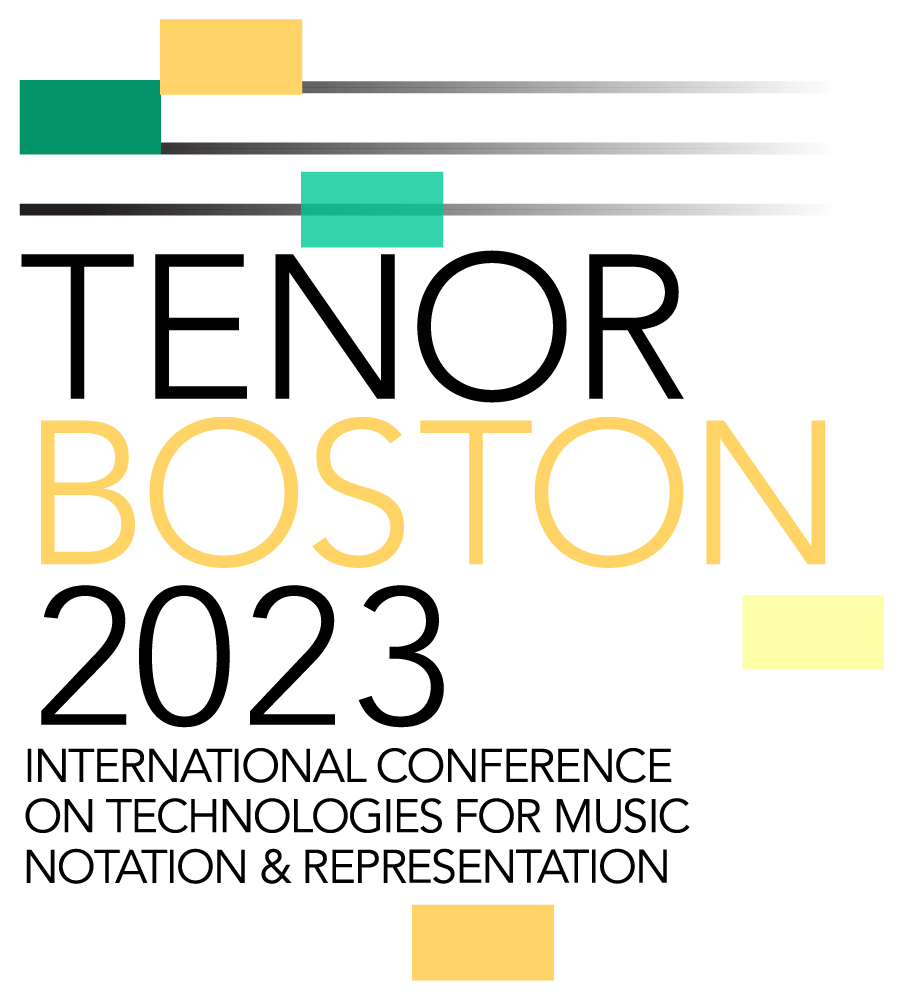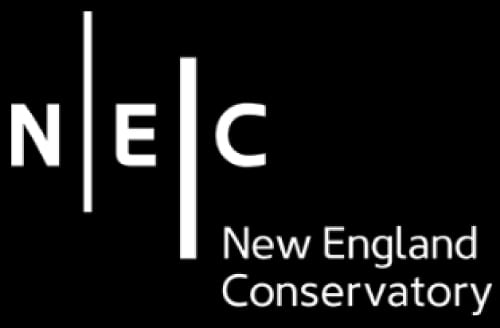8th International Conference on Technologies for Music Notation and Representation
Representation and Perception of Music Structure
Monday, May 15 to Wednesday, May 17, 2023
Boston, Massachusetts, USA
Hosted by the Music Department at Northeastern University, the Longy School of Music of Bard College, and the New England Conservatory.
A primary theme of TENOR BOSTON 2023 will be Representation and Perception of Music Structure. We invite scholars, artists, and music practitioners to submit work related to Western and non-Western musical traditions. In addition to systems that embody graphical musical representation, we also seek systems that use technologies for non-visual methods of music representation.
TENOR BOSTON 2023, the 8th International Conference on Technologies for Music Notation and Representation will take place from Monday, May 15 to Wednesday, May 17, 2023, in Boston, Massachusetts, USA, and will be hosted by the Music Department at Northeastern University, the Longy School of Music of Bard College, and the New England Conservatory. TENOR BOSTON 2023 will take place in a hybrid format (i.e., both in-person and remote).
Keynote Speakers
We are excited to announce that we have confirmed keynote speaker Dr. Morwaread M. Farbood whose research encompasses how listeners perceive musical structures in real-time and computer music applications; including the Graphical Score Interface (GSI) software environment that facilitates music composition by providing users with graphical tools for visualizing, manipulating and generating high-level musical structures.
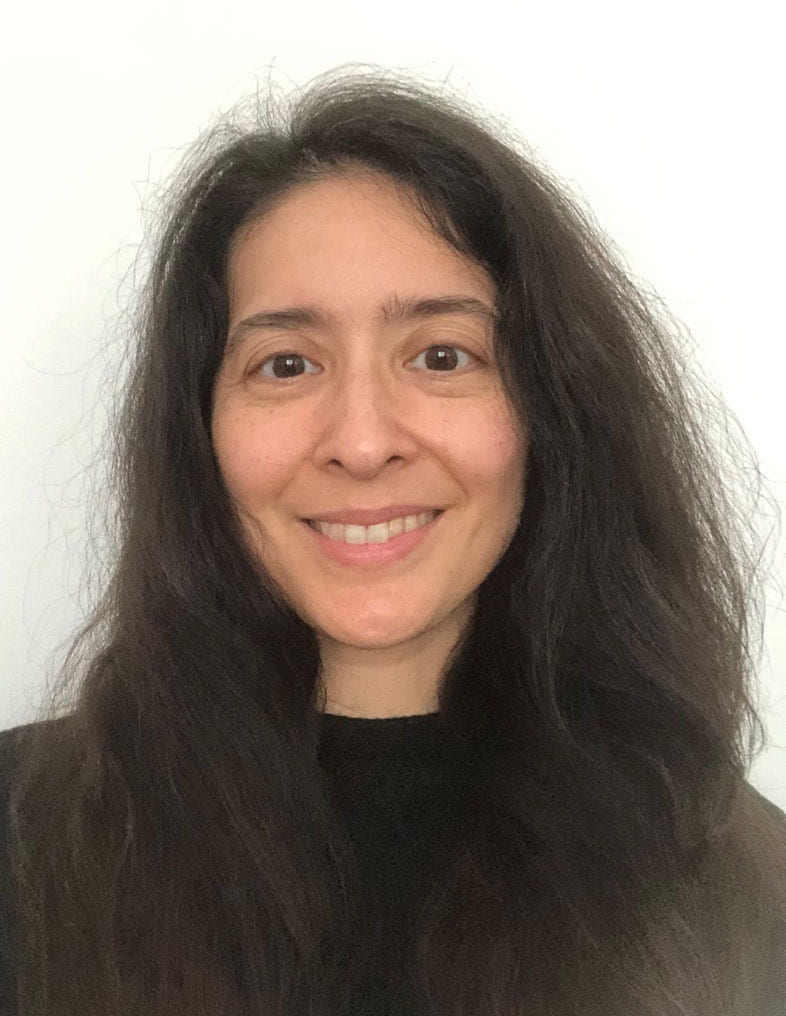
Dr. Morwaread Farbood
Associate Director of Music Technology, New York University
Morwaread Farbood is Associate Professor and Associate Director of Music Technology in the Department of Music and Performing Arts Professions at New York University. She is also affiliated with the Max Planck/NYU Center for Language, Music, and Emotion (CLaME) and the Music and Audio Research Laboratory (MARL). Her research focuses primarily on understanding the real-time aspects of music listening, in particular how emergent phenomena such as tonality and musical tension are perceived, in addition to developing computer applications for facilitating musical creativity based on cognitive models. She is the co-founder of the Northeast Music Cognition Group (NEMCOG), an organization that brings together music perception researchers in the Northeast Corridor region of the United States, and has served on its Executive Committee since its inception. She also served as the executive organizer of the 2019 Society for Music Perception and Cognition Conference, which was hosted at NYU. She is currently a member of the Editorial Board of the journal Empirical Musicology Review and the Executive Board of the Society for Music Theory; she also served as Associate Editor of the journal Psychomusicology: Music, Mind, and Brain from 2018-2021. Her publications have appeared in a variety of journals including Music Perception, Journal of the Acoustical Society of America, Proceedings of the National Academy of Sciences, Journal of Experimental Psychology: Human Perception and Performance, Frontiers in Psychology, Frontiers in Neuroscience, Attention, Perception, & Psychophysics, Personal and Ubiquitous Computing, and IEEE Computer Graphics and Applications. As a harpsichordist, Farbood won First Prize in the 2005 Prague Spring International Harpsichord Competition and is the recipient of the Pro Musicis International Award.
Earlier in her career, Professor Farbood developed Graphical Score Interface (GSI), a software environment that facilitates music composition by providing users with graphical tools for visualizing, manipulating, and generating high-level musical structures. The core design elements are based on Hyperscore, a software application designed by Farbood to help users with little or no musical training to compose music. A tension model within GSI serves as a way for users to visualize and shape the dynamic flow of their compositions from a large-scale perspective. Color is mapped to motivic material, which can be designated by the user or automatically determined by the system using an algorithm that extracts recurring melodic patterns from both audio and symbolic representations of music. The ultimate goal of GSI is to enable users of all musical backgrounds to create, edit, and analyze musical material through the assistance of an intelligent musical system based on models of music cognition.
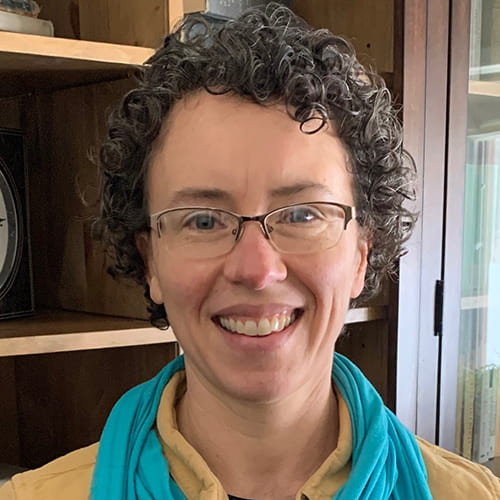
Professor Holly Watkins
Professor of Musicology, Eastman School of Music
Holly Watkins received her PhD in musicology from the University of California, Berkeley in 2004, after completing an MA in musicology and a BA in physics at the University of Virginia. She is the author of Musical Vitalities: Ventures in a Biotic Aesthetic of Music (Chicago, 2018; series on New Material Histories of Music) and Metaphors of Depth in German Musical Thought: From E. T. A. Hoffmann to Arnold Schoenberg (Cambridge, 2011; series on New Perspectives in Music History and Criticism). Her articles on Romantic and modernist aesthetics, ecocriticism, and intersections between music and philosophy have appeared in such venues as the Journal of the American Musicological Society, 19th-Century Music, New Literary History, Women and Music, Opera Quarterly, New Centennial Review, and Contemporary Music Review. She has presented numerous papers at the annual meetings of the American Musicological Society as well as at conferences ranging from the yearly conventions of the Modern Language Association and the International Association for the Study of Popular Music to the meetings of the Music Theory Society of New York State and the Look and Listen Festival in New York City.
In 2014-15, Watkins received an ACLS Fellowship to support the writing of Musical Vitalities, and in 2010-11, she held a Harrington Faculty Fellowship at The University of Texas at Austin. In summer 2010, she participated in the Mannes Institute on Musical Aesthetics in Chicago. Her work has also been funded by the nationally competitive Alvin H. Johnson AMS 50 Dissertation Fellowship, the Mabelle McLeod Lewis Memorial Fund, the Townsend Center for the Humanities at UC Berkeley, and Phi Beta Kappa. Her current research and teaching interests center on Romanticism, the aesthetics and philosophy of music, ecocriticism, and posthumanism. In a former life, she enjoyed studying the principles of quantum theory and performing as the lead guitarist in an improvisational grunge-funk trio.
We are also excited to announce keynote speaker Professor Holly Watkins, author of Musical Vitalities: Ventures in a Biotic Aesthetic of Music. She has presented numerous papers at the annual meetings of the American Musicological Society as well as at conferences ranging from the yearly conventions of the Modern Language Association and the International Association for the Study of Popular Music to the meetings of the Music Theory Society of New York State and the Look and Listen Festival in New York City.
Keynote Workshop Presenters
Tim Perkis is a well-known figure in the worlds of improvised and electronic music. Over the course of decades he has played his unique computer-based electronic instruments with hundreds of musicians, and is also a founding member of the pioneering computer network band The HUB. Recordings of his music are available on the Artifact, Tzadik, New World and EMANEM labels, among others. His documentary film Noisy People (2007) and The NoisyPeople Podcast (2015) are accessible at vimeo.com and bandcamp.com. In 2018 The HUB was the recipient of the GigaHertz Prize for Lifetime Achievement in Electronic Music, from ZKM in Karlsruhe Germany.
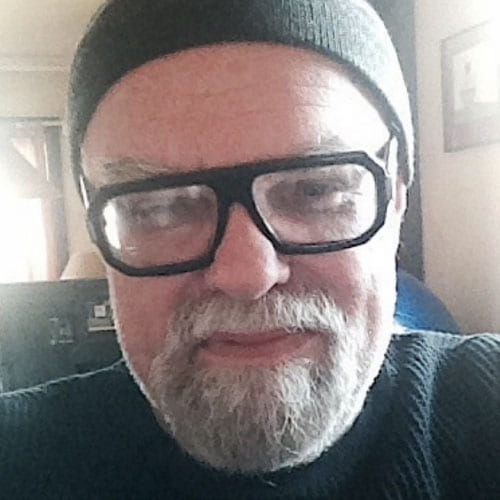
Tim Perkis
Software Engineer, Researcher and Educator
Tim Perkis has been working in the medium of live electronic and computer sound for many years, performing, exhibiting installation works and recording in North America, Europe and Japan. His work has largely been concerned with exploring the emergence of life-like properties in complex systems of interaction. In addition, he is a well-known performer in the world of improvised music, having performed on his electronic improvisation instruments with hundreds of artists and groups, including Chris Brown, John Butcher, Eugene Chadbourne, Fred Frith, Gianni Gebbia, Frank Gratkowski, Luc Houtkamp, Yoshi Ichiraku, Matt Ingalls, Joelle Leandre, Gino Robair, ROVA saxophone quartet, Elliott Sharp, Leo Wadada Smith and John Zorn. Ongoing groups he has founded or played in include the League of Automatic Music Composers and the Hub — pioneering live computer network bands — and Rotodoti, the Natto Quartet, Fuzzybunny, All Tomorrow’s Zombies and Wobbly/Perkis/Antimatter. He has taught at the California Institute of the Arts (CalArts) and the California College of the Arts (CCA); has been composer-in-residence at Mills College in Oakland California, artist-in-residence at Xerox Corporation’s Palo Alto Research Center, and designed musical tools and toys at Paul Allen’s legendary thinktank, Interval Research. In 2013 he was a resident fellow at the Mediterranean Institute of Advanced Research (IMéRA) of the University of Aix-Marseille in France.
In 2018, along with the other members of The Hub, he received the GigaHertz Prize from ZKM in Germany, “for lifetime achievement in the field of electronic music”, joining the ranks of other Gigahertz Prize winners Pierre Boulez, Brian Eno, Jean-Claude Risset and Laurie Anderson. Recordings of his work are available on several labels: Artifact, Tzadik, New World, Metalanguage, Rastascan, Limited Sedition, Kajira,482, Lucky Garage and Praemedia (USA); EMANEM, Leo(UK); Sonore and Meniscus(France); Curva Minore and Snowdonia(Italy); Pogriff(Canada); ALKU(Spain); XOR(Netherlands); Creative Sources(Portugal). His documentary film Noisy People (2007) and The NoisyPeople Podcast (2015) are accessible at vimeo.com and bandcamp.com. [ perkis.com ]
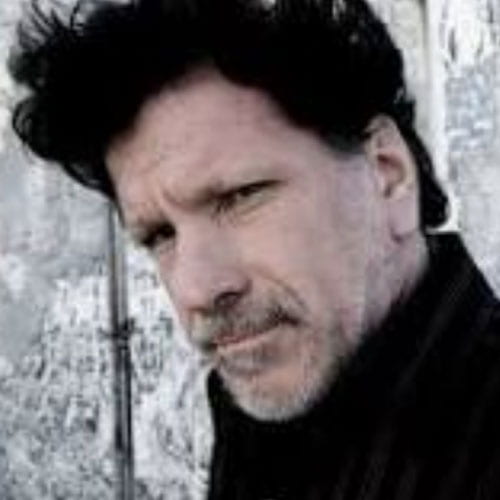
Gino Robair
Composer and Visual Artist
As a composer and visual artist, Gino Robair explores how non-standard and graphical notations influence interpretive performances across different media—music, dance, video and theatre. He is currently working towards a PhD in Performance Studies at the University of California, Davis, developing performative models for improvised papermaking and letterpress printing. Gino Robair has created music for dance, theater, radio, television, silent film, and gamelan orchestra, and his works have been performed throughout North America, Europe, and Japan. He was composer in residence with the California Shakespeare Festival for five seasons and served as music director for the CBS animated series The Twisted Tales of Felix the Cat. His commercial work includes themes for the MTV and Comedy Central cable networks.
Robair is also one of the “25 innovative percussionists” included in the book Percussion Profiles (SoundWorld, 2001). He has recorded with Tom Waits, Anthony Braxton, Terry Riley, Lou Harrison, John Butcher, Derek Bailey, Peter Kowald, Otomo Yoshihide, the ROVA Saxophone Quartet, and Eugene Chadbourne, among many others. In addition, Robair has performed with John Zorn, Nina Hagen, Fred Frith, Eddie Prevost, Thinking Fellers Union Local 282, Myra Melford, Wadada Leo Smith, and the Club Foot Orchestra. Robair is a founding member of the Splatter Trio and the heavy-metal band, Pink Mountain. In addition, he runs Rastascan Records, a label devoted to creative music. As a writer about music technology, Robair has contributed to Mix, Remix, Guitar Player, and Electronic Musician (EM) magazine, where he was an editor for 10 years. He is the author of two books, including The Ultimate Personal Recording Studio (Thompson; 2006). [ ginorobair.com ]
As a composer and visual artist, Gino Robair explores how non-standard and graphical notations influence interpretive performances across different media—music, dance, video and theatre. He is currently working towards a PhD in Performance Studies at the University of California, Davis, developing performative models for improvised papermaking and letterpress printing. As a writer about music technology, Robair has contributed to Mix, Remix, Guitar Player, and Electronic Musician (EM) magazine, where he was an editor for 10 years. He is the author of two books, including The Ultimate Personal Recording Studio (Thompson; 2006). www.ginorobair.com
Registration for TENOR BOSTON 2023 is now OPEN
Full Registration (before April 15, 2023) is: $150. Students and independent artists: $50. Remote participation: $100. Full registration includes morning and afternoon coffee, tea, snacks; lunch will also be provided; and offers access to all papers, demos, workshops, and concerts.
Contact Us
Northeastern University
Music Department
Rm. 354 Ryder Hall
11 Leon St.
Boston, MA 02115
Longy School of Music of Bard College
27 Garden Street
Cambridge, MA 02138
New England Conservatory of Music
290 Huntington Ave.
Boston, MA 02115
